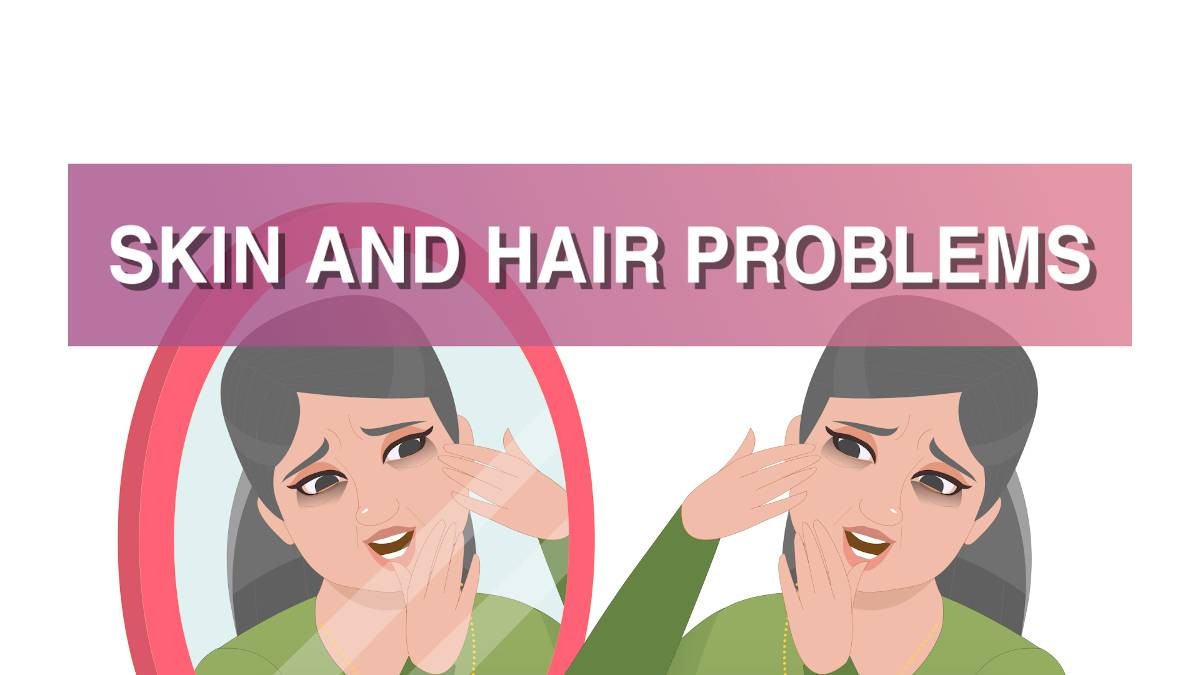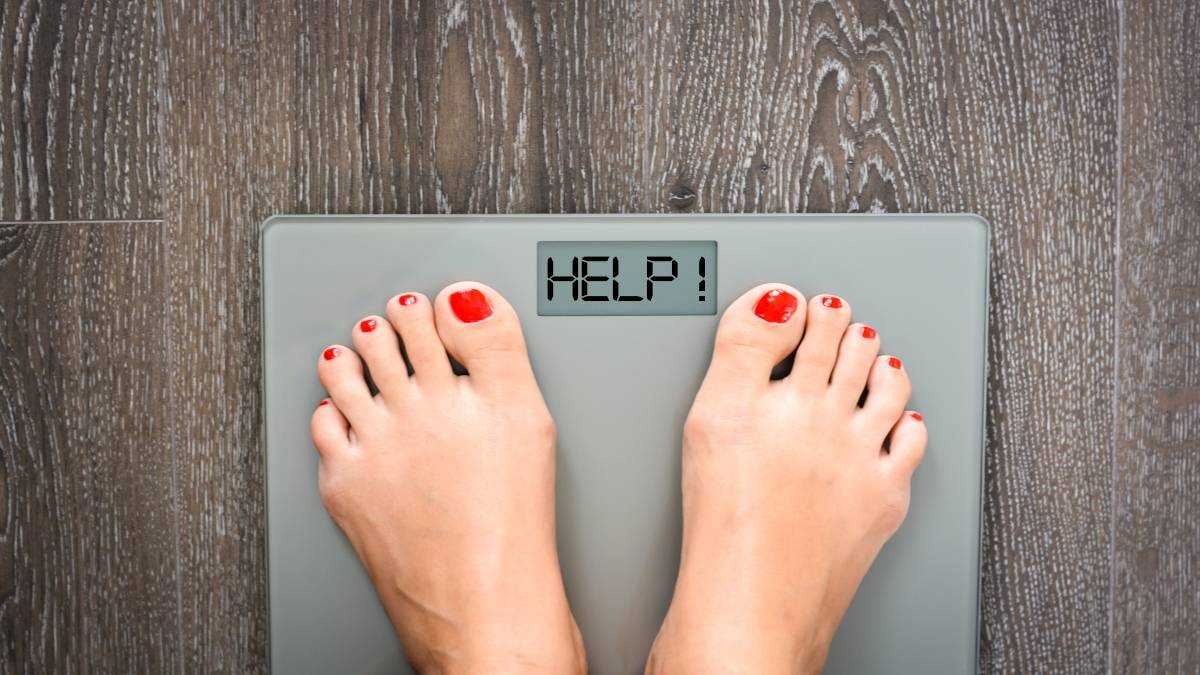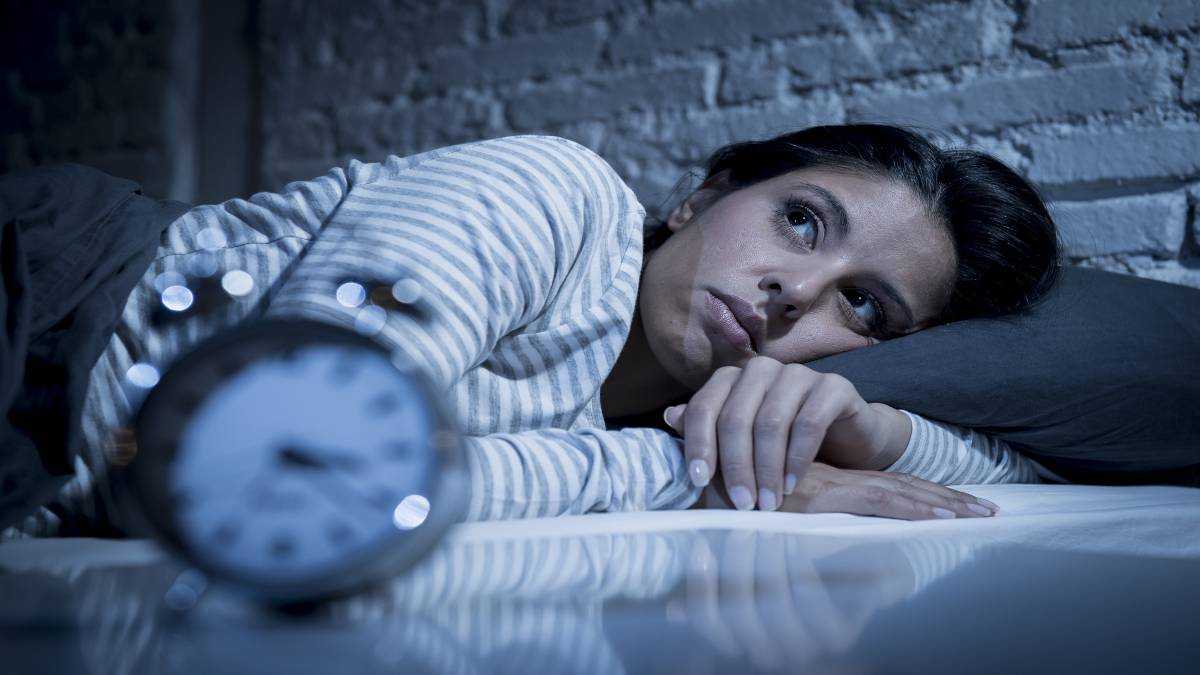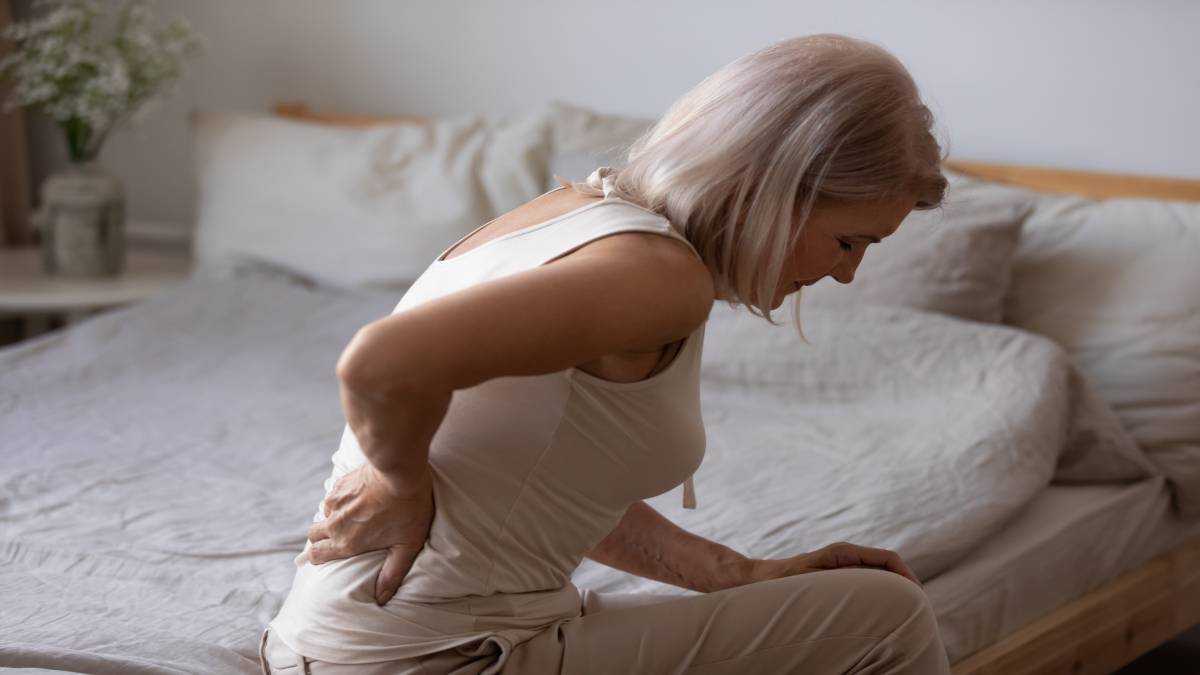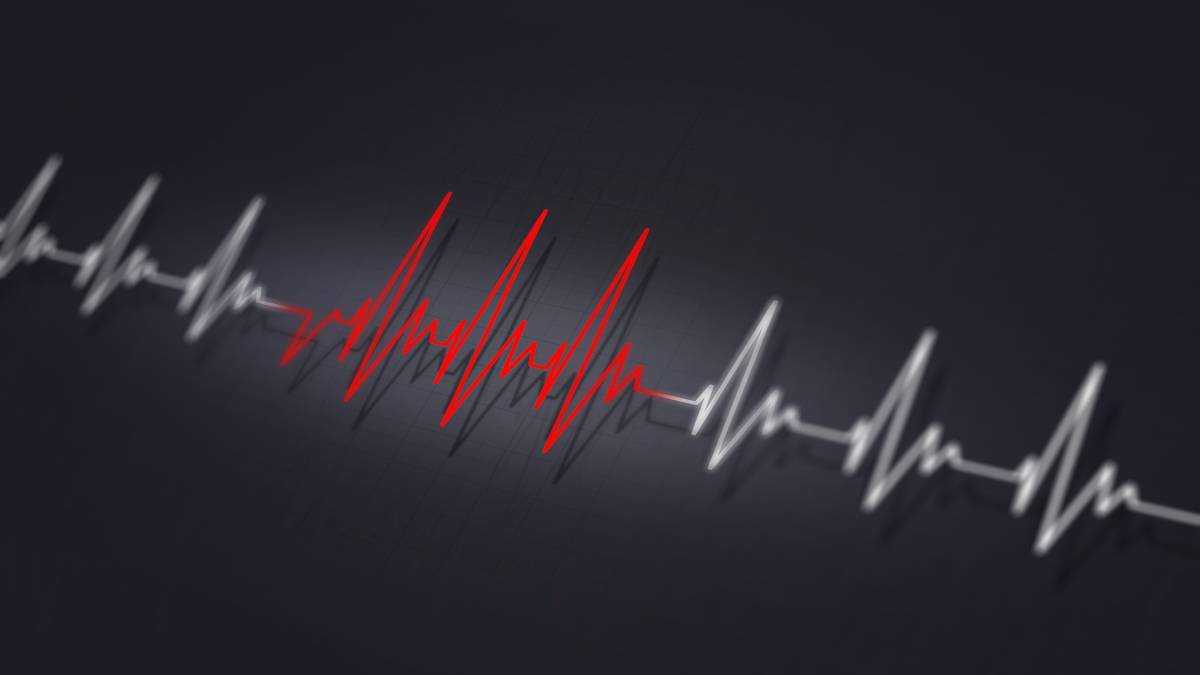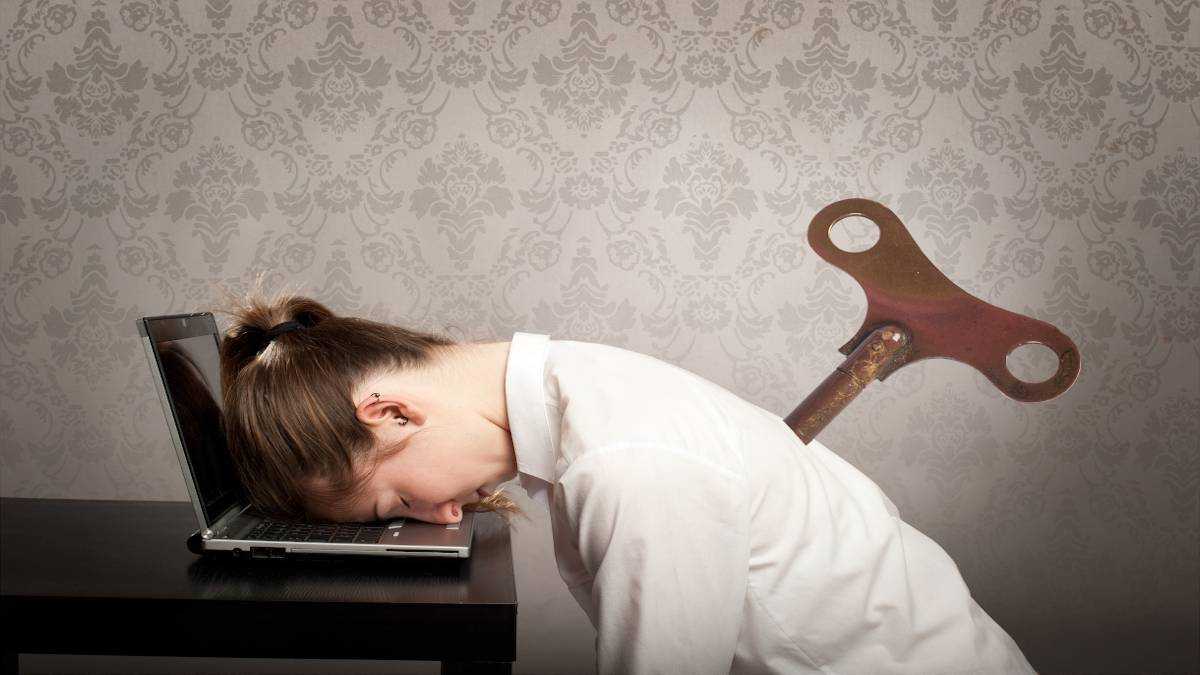After menopause, there is a drastic decline in the estrogen hormone level in women.
It helps to maintain osteogenesis by increasing the production of Calcitonin and decreasing the sensitivity of bone mass to parathyroid hormone. It also helps in the absorption of calcium from the intestines and reduces the excretion of calcium through the kidneys. So after menopause, the incidence of osteoporosis is 4 times higher in women than in men.
Menopause and joint pain
Menopause can cause joint pain that can affect the knees, shoulders, neck, elbows, and back. Women usually complain of joint swelling, stiffness, and difficulty in movement. Joint pain during menopause is usually worse in the morning and gradually subsides during the activities of the day. Later, osteoporosis can also lead to deformity of the joints especially knee joints and spine.
Fractures and osteoporosis during menopause
Osteoporosis not only weakens the bones but also makes them more prone to fractures and injuries. This condition leads to the loss of bone mass and bone strength without showing any symptoms or pain. Most of the time, osteoporosis is diagnosed, when a fracture occurs following a trivial fall or trauma. Osteoporotic fractures are common in areas like the spine, hip joint, and wrist. Sometimes, fractures also involve humerus or ribs.
Regular checkups during the perimenopause and menopausal period are advised. This will help in diagnosing and treating osteoporosis in time before it has caused irreparable damage.
Causes of joint pain, fractures, and osteoporosis in menopausal women
The human bones are made of living tissues, and the hard outer part of the bone encases a sponge-like bone with small pores/holes in it. When the bone density weakens, the holes in the sponge-like part of the bone become larger and increase in number. Thus, the bone is weakened from the inside, which is the actual part of the bone that gives rigidity and strength to the body. With age, the amount of bone build-up falls behind the amount of bone breakdown, which results in a loss of bone mass. When this loss in bone mass advances beyond a certain point, a person’s bone health is negatively affected.
How can problems affecting bone health be tackled during menopause?
Several methods can be employed to alleviate problems affecting bone health.
- Vitamin D supplements – Vitamin D plays a significant role in keeping your bones healthy. If the body does not receive this vitamin in adequate quantities, the bones are also unable to absorb calcium properly. Exposure to the sun is a natural way of getting vitamin D however, food like milk, cereal and fishes like salmon and mackerel help provide generous amounts of vitamin D. Doctors may also suggest over-the-counter medications containing vitamin D3- 1000IU/day.
- Calcium supplements – Calcium not only helps in building strong bones but also helps in keeping them healthier. If the body is deprived of an adequate amount of calcium supply, bone health may be affected. Food items like kale, broccoli, and dairy products contain a high amount of calcium. Doctors may also suggest over-the-counter pills containing 1000 mg calcium/ day.
- Physical exercise – More than ever, it is now essential for you to keep your bones active and flexible. Physical exercise helps especially those incorporating a little weight training.
- Hormone replacement therapy – In some cases, doctors may ask you to opt for hormone replacement therapy. This helps in regulating the hormone levels in the body to avoid this condition from worsening.
Special thanks to Dr. Rakhee R.Sahu [M.D. D.G.O, FCPS, Diploma in Endoscopy (Germany) Consultant Gynecologist and Obstetrician] for the expert advice.


